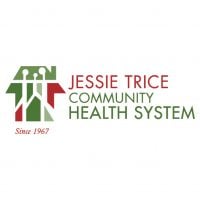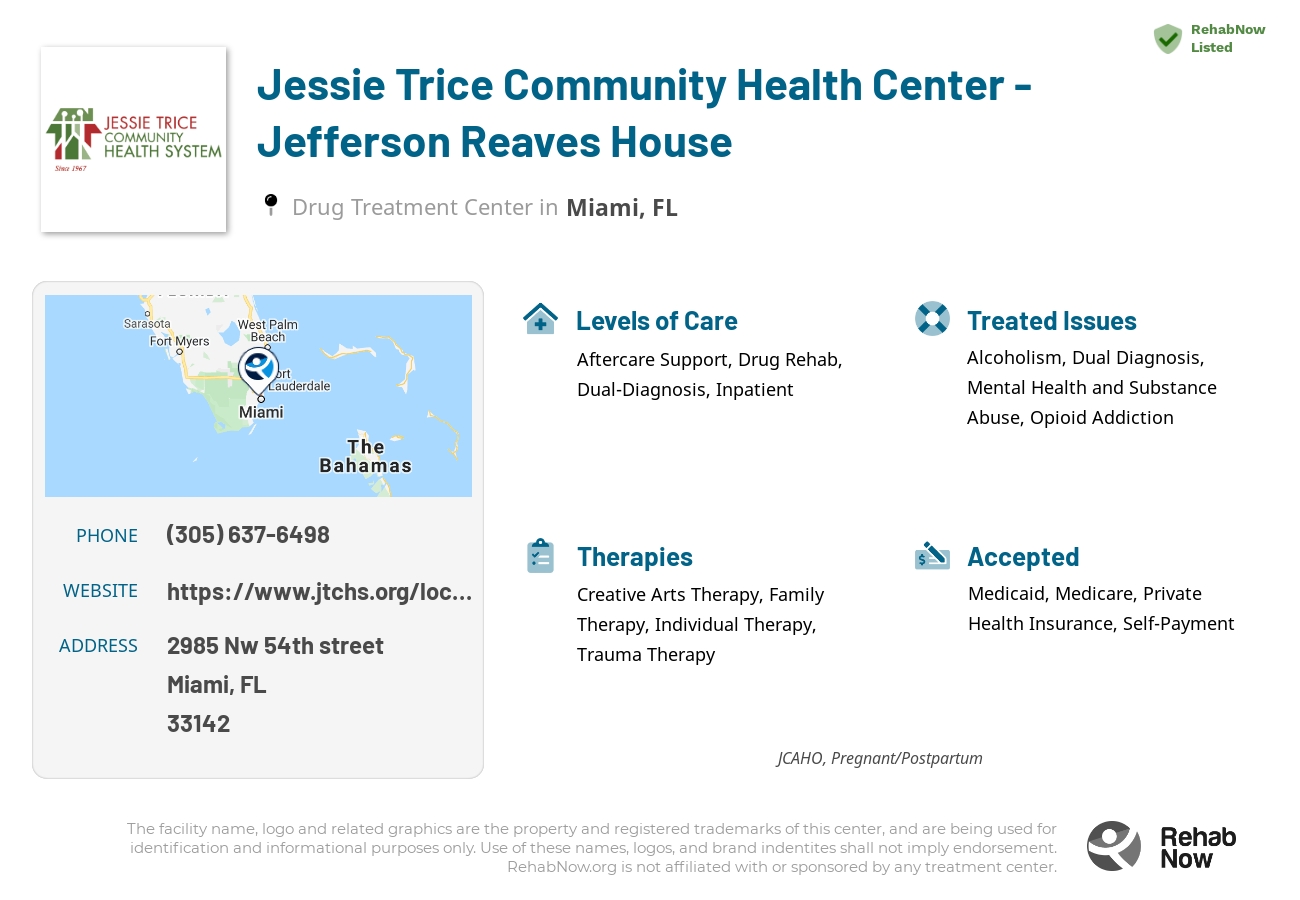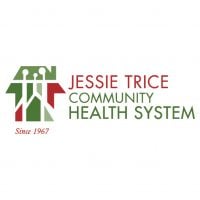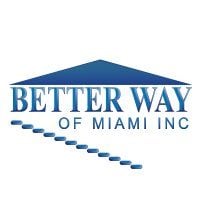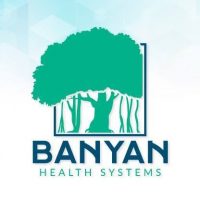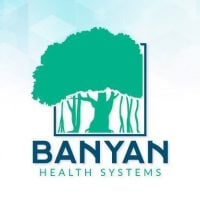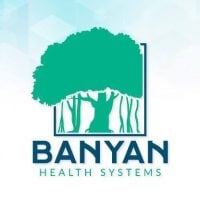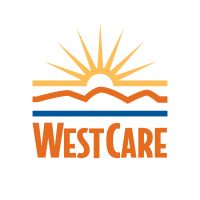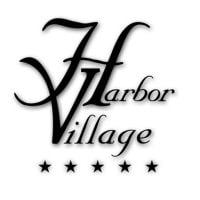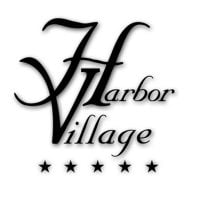Jessie Trice Community Health Center - Jefferson Reaves House
Drug Rehab Center in Miami, Florida
Jefferson Reaves House is an accredited addiction treatment facility in Miami, Florida that offers a range of services to treat alcoholism, opioid addiction, dual diagnosis, and drug addiction including outpatient and inpatient levels of care, dual-diagnosis treatment, and aftercare support, and accepts private health insurance.
About This Florida Facility
Located in Miami, FL, the Jessie Trice Community Health Center's Jefferson Reaves House is a renowned 40-bed facility focused on substance abuse treatment for women. It offers a nurturing environment for holistic healing and specialized services for pregnant women, making it unique in its approach to addressing addiction.
Accredited by both the Joint Commission and SAMHSA, the Jefferson Reaves House provides a spectrum of substance abuse treatments, inclusive of mental health services. Its residential program supports women in a structured setting, while outpatient services enable individuals to manage recovery alongside daily life.
- Specialized services for pregnant women, offering a safe haven for both mother and child during recovery.
- A holistic approach combining substance abuse treatment with mental health services, addressing the entirety of the individual's needs.
- Access to comprehensive support services including evidence-based treatments, counseling, and relapse prevention, ensuring a path to long-term recovery.
Jefferson Reaves House treats alcohol, opioid, and drug addiction, among other substance abuse issues, employing both inpatient and outpatient care. Treatment methods include individual and group counseling, medication-assisted treatments, and mental health support, catering to a broad spectrum of needs for effective recovery.
Genders
Ages
Modality
Additional
Accreditations
State License
SAMHSA

JCAHO
Conditions and Issues Treated
Opioid addiction is the result of repeated use, or abuse, of opioid drugs. It is recommended for people who are dependent on opioids, or who have a high risk for dangerous health concerns, to seek professional treatment. Treatment plans usually include behavioral therapy and medication-assisted treatment.
Opioid drugs include: fentanyl, heroin, methadone, oxycodone, and oxymorphone.
Opioid addiction treatment is beneficial for:
- People who have a history of severe withdrawal.
- People with a high risk for dangerous health concerns.
- People having difficulty overcoming opioid addiction on their own.
There are different kinds of Dual Diagnosis:. A person who simultaneously experiences both a mental illness and an addiction disorder. Or, a person who experiences one or more coexisting (simultaneous) mental health conditions in addition to a primary substance use disorder.
The treatment requires a multi-disciplinary approach, it’s crucial for individuals to partner up with a healthcare provider who understands all the recovery components.
Levels of Care Offered at Jessie Trice Community Health Center - Jefferson Reaves House
This center offers a variety of custom treatment tailored to individual recovery. Currently available are Aftercare Support, Drug Rehab, Dual-Diagnosis, Inpatient, with additional therapies available as listed below.
Inpatient treatment is the most intensive level of care, and it’s necessary for those who aren’t able to control their addiction. These patients also must be drug-free before attending inpatient programs .
During inpatient treatment, addicts live at an inpatient facility 24 hours a day while receiving help. This type of program is generally recommended for those who need to go through detoxification or who are struggling with serious addiction-related issues.
Aftercare support is a service many addicts need to ensure their success at recovery. This service usually includes one-on-one or group therapies, assistance from a sponsor and other types of help designed to make sure the patient continues living a life free from drugs.
Patients also may require medication to help them battle addiction. Some people have been able to successfully recover without additional medications, but others have found that they need help during their transition. Long-term, the patient must take the initiative to attend meetings and receive help from other addicts in recovery.
Therapies & Programs
People in addiction recovery can benefit from individual therapy. This type of therapy involves meeting with a therapist one-on-one. This allows for a personal and trusting relationship to be built so that the patient can be truly themselves and express any emotions they feel. Individual therapy leads to greater understanding and peace about your triggers for addiction and coping strategies to prevent relapse.
Family therapy is a type of group problem-solving that aims to improve communication and relationships between the patient, their family, and sometimes friends. The main goal of family therapy for drug addiction is to create an environment where communication can occur without judgment, hostility, or blame. The therapist is with the family as they learn to communicate with each other differently, especially with the addict when s/he is using.
If you’re looking for addiction treatment, it’s important to find a facility that offers trauma therapy. This type of therapy helps people process and understand the past traumas that have led to their addiction. Trauma therapists will work with clients to help them understand their past and present relationships and show them that they are worthy of love. This therapy is typically done using visualization, discussion, and writing down thoughts and feelings.
Trauma Therapy is a form of therapy that involves working with a patient to help them process and understand the past trauma(s) in their life. This therapy is typically done using techniques such as visualization, discussion, and writing down thoughts and feelings. The main goals of trauma therapy is to help clients express their emotions and talk about what they are feeling.
Payment Options Accepted
For specific insurance or payment methods please contact us.
Is your insurance accepted?
Ask an expert, call (888) 674-0062
Jessie Trice Community Health Center Associated Centers
Discover treatment facilities under the same provider.
Learn More About Jessie Trice Community Health Center Centers
Additional Details
Specifics, location, and helpful extra information.
Miami, Florida 33142 Phone Number(305) 637-6498 Meta DetailsUpdated April 15, 2024
Staff Verified
Patient Reviews
There are no reviews yet. Be the first one to write one.
Miami, Florida Addiction Information
Florida is one of the nation's epicenters for substance abuse and drug-related overdoses. In 2014, around 410,000 Florida residents were addicted to drugs and alcohol. Over the last 10 years, 12% of all deaths in the state were attributed to substance abuse. Treatment admissions for alcohol reached 24,329 patients in 2016, and 2.5% of Florida high school students admitted to using crack cocaine.
The problem of drug addiction is quite severe in Miami, Florida. According to recent statistics, nearly 5,000 emergency room visits were related to drug abuse in Miami in 2016. Additionally, over 900 deaths from drug overdoses in Miami that same year, and the city has seen a steady rise in these numbers over the past decade. Some common treatments include inpatient and outpatient treatment and residential and non-residential treatment.
Treatment in Nearby Cities
- Maitland, FL (205.8 mi.)
- Coral Gables, FL (5.3 mi.)
- Tavares, FL (225.3 mi.)
- Ormond Beach, FL (244.6 mi.)
- Oviedo, FL (205.6 mi.)
Centers near Jessie Trice Community Health Center - Jefferson Reaves House
The facility name, logo and brand are the property and registered trademarks of Jessie Trice Community Health Center - Jefferson Reaves House, and are being used for identification and informational purposes only. Use of these names, logos and brands shall not imply endorsement. RehabNow.org is not affiliated with or sponsored by Jessie Trice Community Health Center - Jefferson Reaves House.
